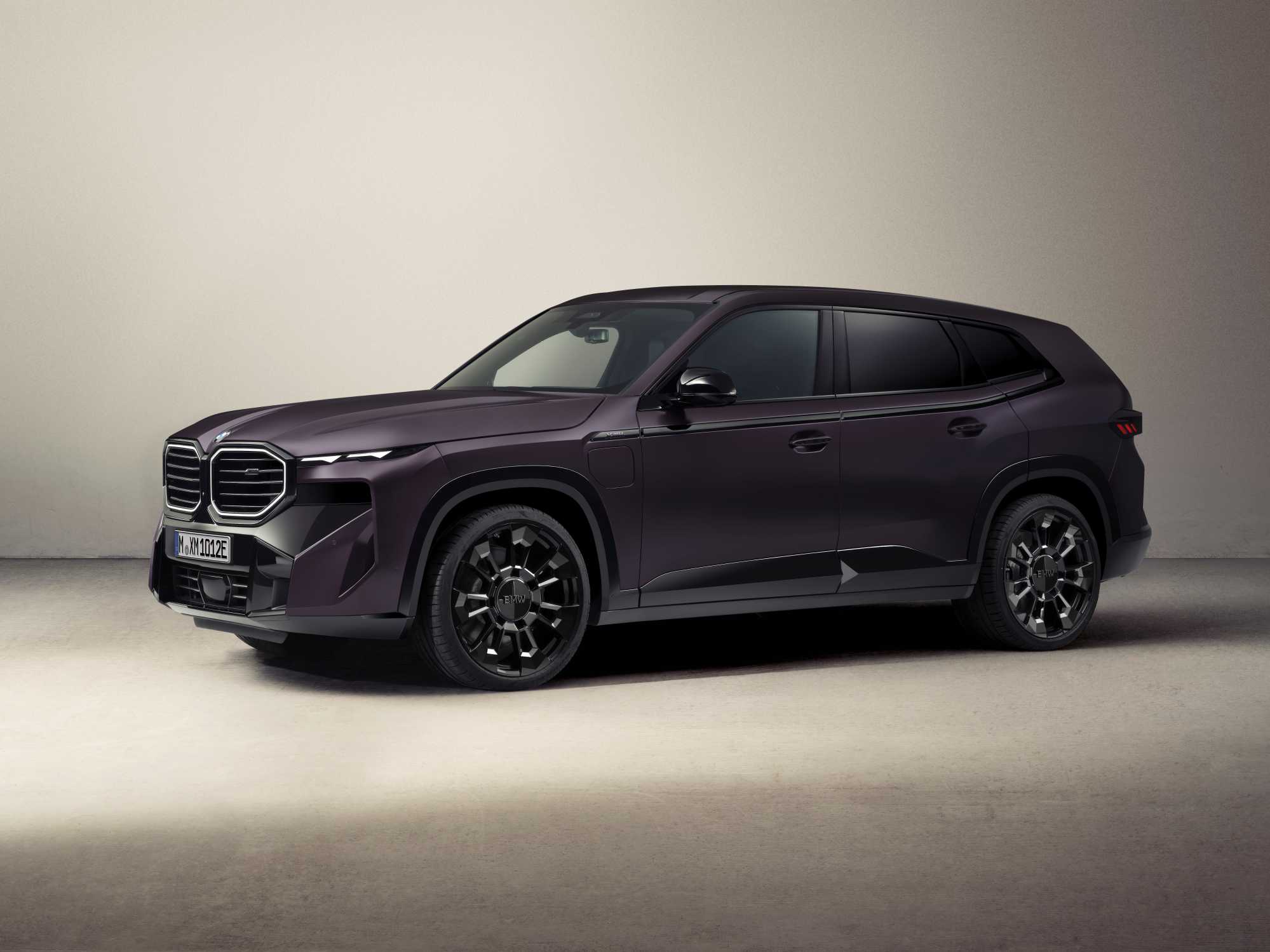Volkswagen, one of the world’s largest automakers, is facing an increasingly competitive landscape in the electric vehicle (EV) market, particularly in key regions such as China, the United States, and Europe. Despite its early efforts to transition towards electrification, the German automaker is encountering significant challenges as it competes against both emerging and established players in these critical markets.
China: The Epicentre of EV Competition
China is the world’s largest EV market, and it has become a fierce battleground for global automakers. Volkswagen has invested heavily in this market, but it is up against formidable competition from domestic manufacturers like BYD, NIO, and XPeng. These Chinese companies benefit from strong government backing and a deep understanding of local consumer preferences, which has allowed them to rapidly scale their production and technological capabilities.
Volkswagen’s market share in China has been under pressure, as local brands offer highly competitive EV models at attractive price points. In response, VW has ramped up its efforts by increasing local production capacity and launching models tailored to the Chinese market, such as the ID.4, which is manufactured at the company’s joint venture facilities in China. However, the company still faces the challenge of differentiating itself in a market where brand loyalty can be fleeting and where consumer preferences are rapidly evolving.
United States: Battling Tesla’s Dominance
In the United States, Tesla continues to be the dominant force in the EV market, commanding a significant share with its popular Model 3 and Model Y vehicles. Volkswagen’s strategy in the U.S. has centred around the introduction of the ID.4, which is designed to appeal to American consumers seeking a more affordable and practical EV option.
However, Volkswagen’s progress in the U.S. has been slower than anticipated. The company faces significant challenges in scaling up its EV production to meet growing demand, particularly as it competes with not only Tesla but also other legacy automakers like General Motors and Ford, who are accelerating their own EV programmes. Additionally, the lack of a comprehensive charging infrastructure in the U.S. poses a hurdle for broader EV adoption, something that Tesla has mitigated with its extensive Supercharger network.
Europe: Navigating a Crowded Market
In Europe, Volkswagen has made significant strides in establishing itself as a leading EV brand, largely due to stringent emissions regulations and strong consumer demand for electric vehicles. The company’s ID.3 and ID.4 models have been well received, and VW has capitalised on its home market’s push towards sustainability.
However, the European market is becoming increasingly crowded as competitors ramp up their own EV offerings. Traditional automakers like BMW, Mercedes-Benz, and Stellantis are rapidly expanding their electric lineups, while Tesla’s new Gigafactory in Berlin threatens to disrupt the market with locally produced vehicles that could undercut European rivals on price and availability.
Volkswagen’s response has been to accelerate its EV strategy, including plans to produce a wider range of models and expand its charging infrastructure across the continent. The company is also investing in battery technology and software development to improve the performance and range of its EVs, which will be critical in maintaining its competitive edge in Europe.
Production and Supply Chain Challenges
One of Volkswagen’s biggest hurdles in its EV transition is the ongoing supply chain disruptions, particularly in securing a steady supply of batteries. The global shortage of semiconductors and raw materials has affected automakers worldwide, and Volkswagen is no exception. To address these challenges, VW has announced plans to build several battery plants in Europe, which will help secure the supply chain and reduce dependency on external suppliers.
Moreover, Volkswagen is exploring partnerships and joint ventures to enhance its production capabilities and ensure that it can meet the growing demand for electric vehicles. The company is also focusing on sustainability, aiming to make its entire supply chain carbon neutral by 2050.
Future Outlook: Adapting to a Rapidly Changing Market
As Volkswagen navigates these challenges, the company is keenly aware of the need to adapt to a rapidly changing market. The global shift towards electrification presents both opportunities and risks, and VW’s ability to remain competitive will depend on its agility and willingness to innovate.
For investors and industry observers, Volkswagen’s journey in the EV market is a critical indicator of how traditional automakers can transition to new technologies and business models. The company’s success or failure in key markets like China, the U.S., and Europe will have far-reaching implications for the global automotive industry.
Volkswagen’s commitment to electrification is clear, but the road ahead is fraught with challenges. As the competition intensifies, the company will need to leverage its strengths in engineering, brand reputation, and global reach to secure its position as a leader in the EV market.








Recent Comments